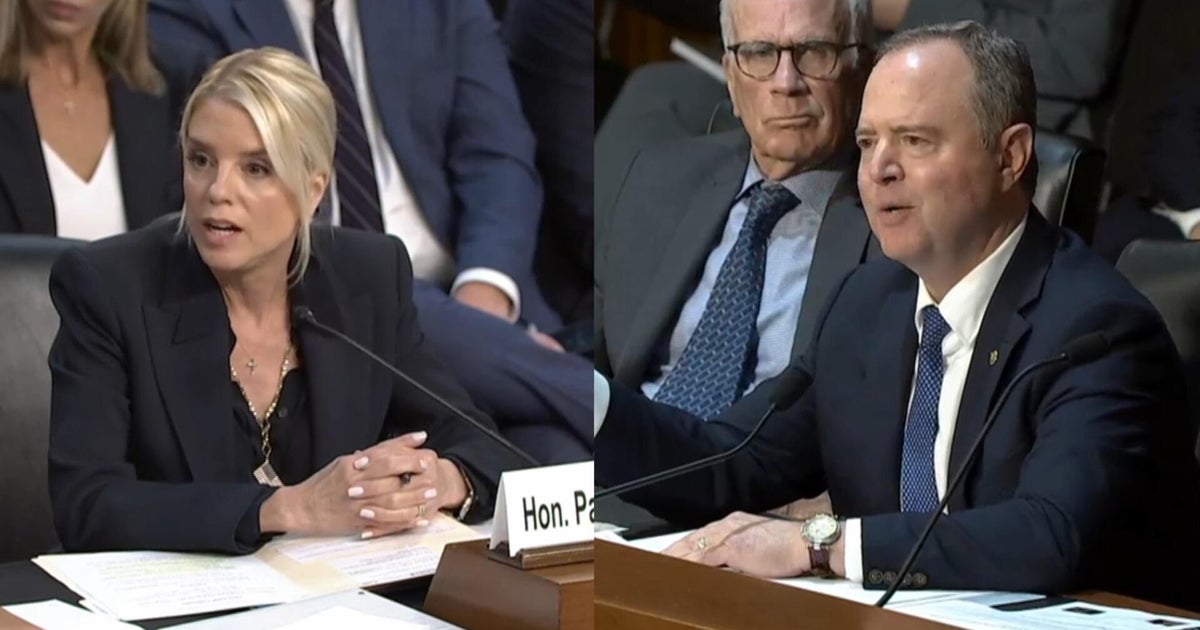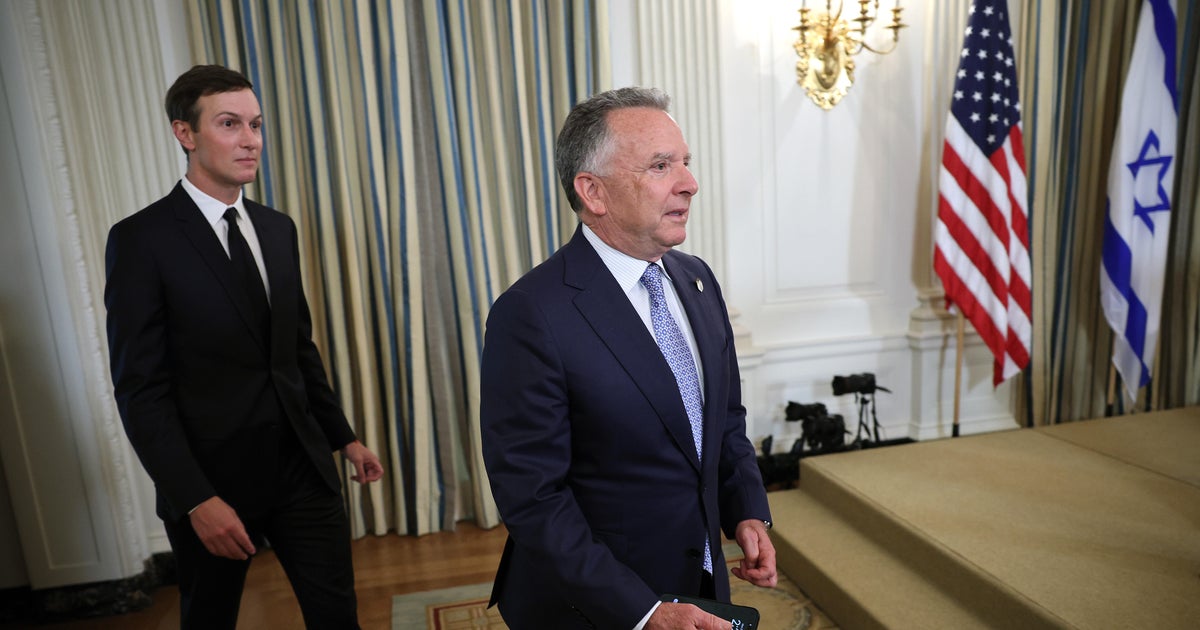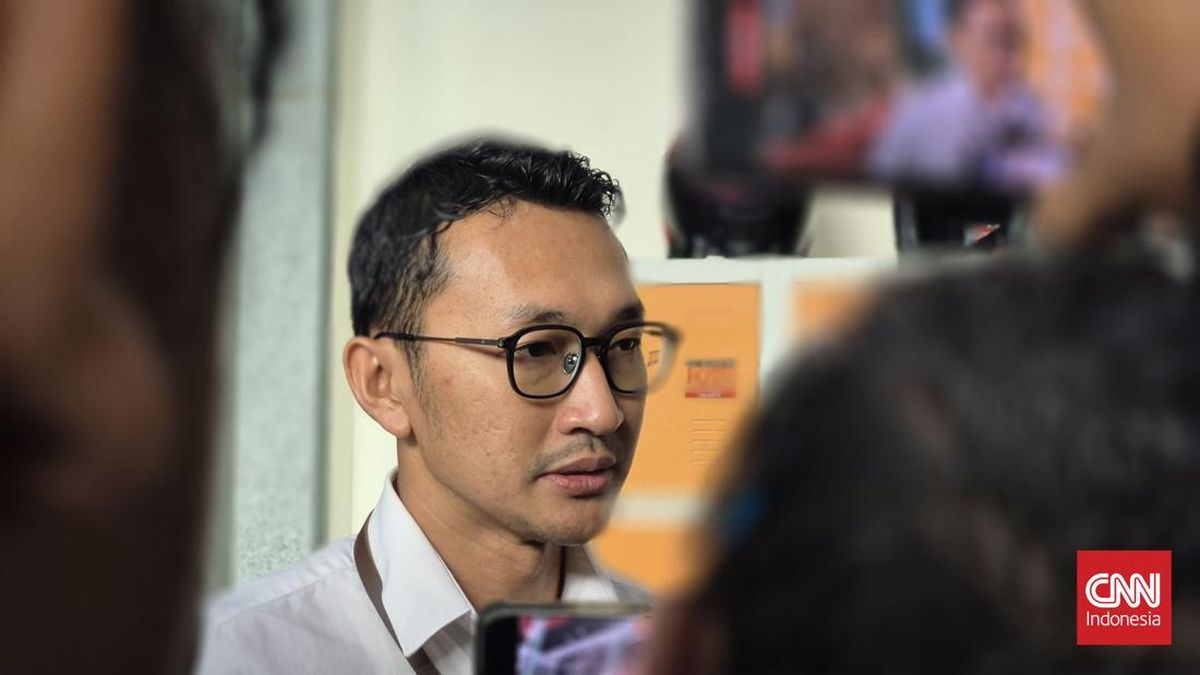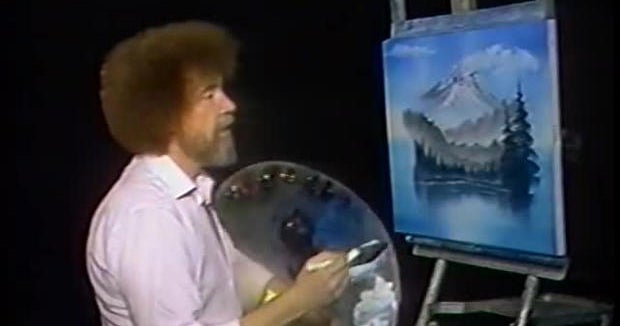Mining employee accused of impersonating community members for mining application faces court
A man accused of impersonating members of the community in his employer’s mining project application in Victoria’s west is fighting three charges of falsifying documents.
Murray Ross Wilson, 55, faced court in Horsham on Monday, where it was heard he plans to contest the allegations made by Victoria Police.

The farmland where the mine is proposed for is productive broadacre cropping land in Victoria’s western wheatbelt.
WIM Resource is hoping to construct a mine on farmland eight kilometres north of Horsham, in Victoria’s west, where there are large deposits of heavy mineral sands like zircon and titanium. The proposal is known as the Avonbank project.
The company is proposing to mine the area in stages over 38 years, and progressively rehabilitate the mined land so it can be used for farming again afterwards.
Wilson was employed as the community and land liaison officer at WIM Resource. The company said in a statement that he had been suspended “pending the outcome of the charges”.
An Environmental Effects Statement (EES) is meant to assess the project’s impacts, and needs to be released to the public for comment before it is sent to the minister.

Murray Ross Wilson, 55, faced court in Horsham on Monday.Credit: WIM Resource Pty Ltd/Facebook
The Avonbank EES received 157 submissions overall between April and May 2023, 118 of them in favour, with another three submissions withdrawn at the request of the authors.
The allegedly false documents were submitted to the EES for the Avonbank project and viewed by the independent committee that made recommendations about the project to the minister.
Planning Minister Sonia Kilkenny approved the Avonbank EES in December 2024. WIM Resource is also exploring two other areas south of Horsham for heavy mineral sands.
At Monday’s hearing, Wilson did not enter a plea, but his lawyer, Ashleigh Harrold attempted to fast-track the case against him.
Harrold immediately sought a hearing in November to cross-examine the prosecution’s evidence, even though the magistrate hadn’t yet determined whether such a hearing was necessary.
“I’ve got a form 12 filled out. I’m ready to go,” she said. “We want to secure a date ASAP. This matter has unfortunately been going on for some time.”
“My client is entitled to proceed to contest, his name has been sullied and no doubt it will continue [due to the media coverage of the case].”
Harrold also told the court it wasn’t fair that her client had to wait for police to complete a cybercrime analysis of his laptop before he could contest the charges.
The court heard police had had the laptop since February, though magistrate Kieran Gilligan noted “e-crime is notorious for delays”, and that Harrold knew that too.

Russell Heard, left, with Donna Johns, one of the farmers whose land will be affected by the proposed mine.
“If it’s not ready, then the prosecution can’t be deprived of having that analysed before any hearing surely, unless the delay is so enormous that it is prejudicial to your client,” Gilligan replied.
Gilligan deferred the case for a contest mention - where it will be determined if it can be resolved without the need for more court hearings - on October 8.
Russell Heard, who farms south of Horsham, is the president of Mine Free Wimmera Farms. He said farmers were hoping for an outcome in this case that would make the government reconsider its eagerness to approve this and other sand mines.
“We feel this court case will be a landmark decision for everyone in Victoria,” he said. “We want to see a fair and just outcome because we are going to have to live with the potential consequences of rare earth mining.”
Heard said local farmers were worried about losing access to their productive farmland and the potential health impacts of dust from the mine, among other concerns.
In Victoria, the planning minister must consider “whether an applicant or an associate has been convicted of a fraud or dishonesty offence” when deciding whether they are a fit and proper person to hold a mining licence.
The Age asked the state government whether a guilty verdict in this case would compel the minister to reconsider her approval of the EES.
Loading
“As the matter is before the courts, it would be inappropriate to comment further,” a spokesperson said.
Victoria has 39 per cent of Australia’s zircon - found in computer disk drives and other domestic products - and approximately 27 per cent of world reserves, with an estimated 33 million tonnes.
In December last year, the state government announced it would establish “critical minerals priority development zones” and centralise project approvals, as part of a new road map designed to unlock Victoria’s rare earth deposits, valued at $200 billion.
Since then, mining companies have been granted licences to mine for sands and rare earths under farmland near Minyip and Swan Hill, also in western Victoria.
In September, Resources Victoria updated its guidelines to make it easier for those applying for mining and retention licences to prepare and submit documents supporting their proposals.
Start the day with a summary of the day’s most important and interesting stories, analysis and insights. Sign up for our Morning Edition newsletter.
Most Viewed in National
Loading


















































